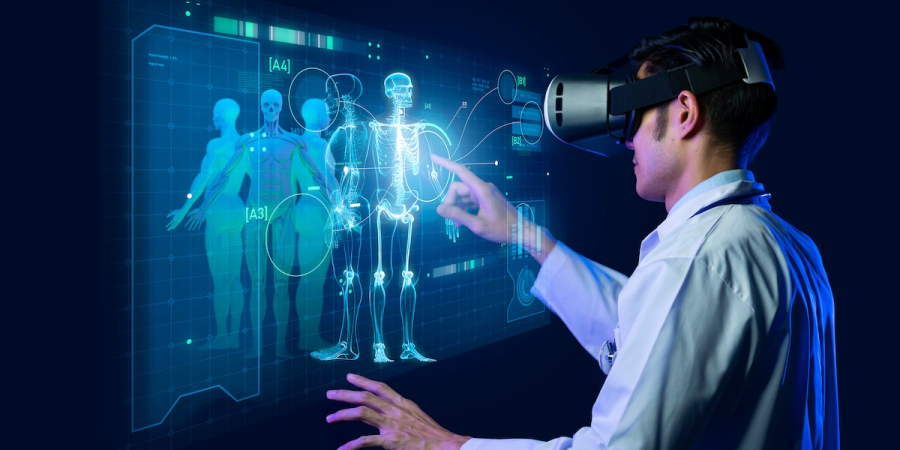

Artificial Intelligence -- On the brink of a new era in medical technology, the process of diagnosing and treating diseases is about to take a quantum leap forward courtesy of artificial intelligence. One of the most promising applications for AI in healthcare is in the field of diagnostics. By the use of developed AI algorithms on medical images, accuracy is enabled—a feature superior to human capabilities. For example, the AI systems can detect the earliest signs of diseases such as cancer from imaging screening studies like mammograms and CT scans. Indeed, recent studies show that such AI tools have the potential to provide an accuracy in the identification of malignant tumors rivalling and sometimes even surpassing that of experienced radiologists.
AI in Imaging and Radiology
AI in this view is not just aid to human expertise but goes beyond human capacity to deliver insights. AI-driven imaging tools can process immense datasets in small fractions of time to pinpoint abnormalities that can escape the attention of humans. This accelerates the diagnosis process, leading to faster and more precise results for the patient.
Personalized Treatment Plans
AI also plays a critical role in the development of personalized treatment plans. It can analyze large datasets. The treatment which will be most effective can be predicted by machine learning models according to the genetic makeup of the patients and their medical history. This will enable a treatment plan dedicated to the patient and will lead to medicines directed at targeted areas, thereby reducing the hit-or-miss factor from most traditional treatments.
 Genomics and Precision Medicine
Genomics and Precision Medicine
In genomic medicine, AI makes the practice of precision medicine possible. Artificial intelligence reads through the genetic code of a patient and selects specific mutations, thus helping in recommending treatment. This is especially useful when treating complex diseases like cancer, where one-size-fits-all often does not work.
AI in Patient Monitoring
In addition to diagnostics, AI is changing other areas of patient monitoring. AI-driven wearable technology is increasingly gaining traction for informed metrics of health and performance monitoring, such as heart rate, BP, estimation of glucose levels, and more. Such devices could give early warnings for potential health problems, induce intervention, and better management of continued conditions.
 Challenges and Ethical Considerations
Challenges and Ethical Considerations
The potential benefits of AI in healthcare are huge, but so are the challenges and ethical considerations involved. Main critical points include privacy of the data, accuracy, and introducing the possibility of embedding bias into AI predictions and algorithms. This highlights the very important aspect that AI tools should be applied responsibly and transparently to earn trust from patients and providers.
Conclusion
It will be a major leap for medical science by integrating them into AI. From increasing diagnostic accuracy to personalization of treatment and patient monitoring, AI holds the promise to radically change patient care. As we move forward in the field of these advancements, innovation needs to be tempered with responsibility against ethics so that the maximal benefits of AI get accrued to enhancive health scenarios.
